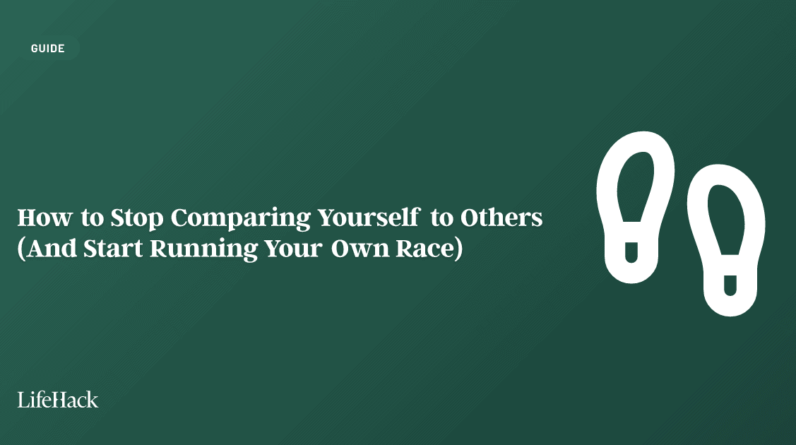
Despite having accomplished a lot of things, do you ever feel like a complete fraud or an imposter?
Well, you’re not alone. This is exactly how I felt in the morning when I almost crashed into another car. About 70% of professionals feel like they are imposters.
Generally, imposter syndrome refers to a sense of doubt that makes one believe that they are not good enough. Imposter syndrome makes one believe that they are inadequate and incompetent despite the existing evidence that suggests otherwise.
Experts have further categorized imposter syndrome into five subgroups:
- the Perfectionist
- the Expert
- the Natural Genius
- the Superwoman/man
- and the Soloist
The Five Types of Imposter Syndrome
The Perfectionist
This kind of person expects anything and everything they do to be perfect to the T.
They set high standards for everything. Not that high standards are a bad thing, but sometimes chasing high standards all the time can be draining and, in some cases, it is just not realistic for us to achieve those standards all the time.
Moreover, the perfectionist might also find it very difficult to delegate some tasks to others. When they do, they are often called the micromanager because they are on every one’s case making sure every tiny detail of the project is perfect.
To them, anything that is not perfect is a fail. Even if just 0.01% of the project is the not so perfect portion.
The Expert
The expert believes that what they know determines their competence.
Knowing that they do not know everything that is there to know makes them feel like a fraud and unknowledgeable. Such kinds of people will avoid engaging in a conversation when they do not know everything about a topic.
They will not apply to a job unless that meet all the listed requirements. Even if they have a chance of being accepted.
They strive for more of everything, be it knowledge or experience. As a result, they take on a lot of courses because they feel the need to learn and be experts. Knowing that there is someone out there who could be better than them makes them feel like imposters.
Upgrading yourself and improving your skill set is not a bad thing. However, if you feel like your worth is solely dependent on what you know, there might be a problem that needs to be addressed.
The Natural Genius
These people believe that they should be geniuses in everything they do.
They are so hard on themselves based on how they perform a task on the first attempt. If they do not know anything or take a while to master a new skill, they feel like a fraud. They look at the experts and pros in their fields and wonder why they are also not like that.
They believe that they should excel at anything and everything without having to put in much effort.
Usually, from a young age these people are told that they are the ‘smart ones’ in a group of friends or among siblings. As a result, they grow up believing that they should know everything effortlessly as they are the smart ones.
They avoid taking on new challenges because they are scared of failing. To them failure is such a huge set back that they should never encounter rather than a step towards learning and improving.
The Superwoman/man
These people tend to overwork themselves so as to match with the others who are around them.
They feel like they do not have the qualities that their colleagues have, so they have to work extra hard in order for them to achieve the same results as everyone else around them.
They feel that the best way to prove their worth is by working harder than everyone else. Consequently, they overwork themselves. What they will be looking for is the validation that will come from others after working so hard.
Without the validation from the boss or supervisor, they feel like they haven’t done enough work and need to push harder.
They are often the last people to leave the office or library. When they are not working, they feel stressed as they think they are wasting time that they should be working on something and staying on top just like everyone else.
As a result, they do not have time to enjoy their hobbies and spend time with family, friends and loved ones.
The Soloist
The Soloist will try to get everything done alone.
They believe that they should be able to do everything alone and asking for help or assistance from others is a sign of weakness. If they ask for help they think others will view them as imposters. Their independence is proof of their self-worth.
Should they need assistance from others, they make sure that the other people know that they are contributing towards the success of the project and not necessarily helping them.
10 Practical Tips to Help When You Feel Like a Fraud/an Imposter→
Final Thoughts on the Five Types of Imposter Syndrome
Imposter syndrome can be a huge hinderance in achieving goals and general productivity. Studies have also found imposter syndrome to increase anxiety and depression.
Now that you know these types of imposter syndrome, the next step is to beat imposter syndrome and believe in yourself with these tips.
Editor’s note: This article was originally published Nov 22, 2023 and has been updated to improve reader experience.
Photo by Andrea Piacquadio







